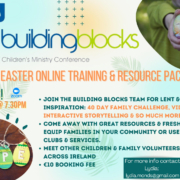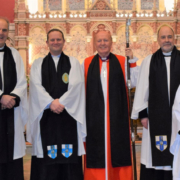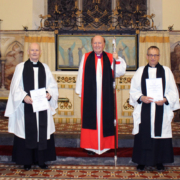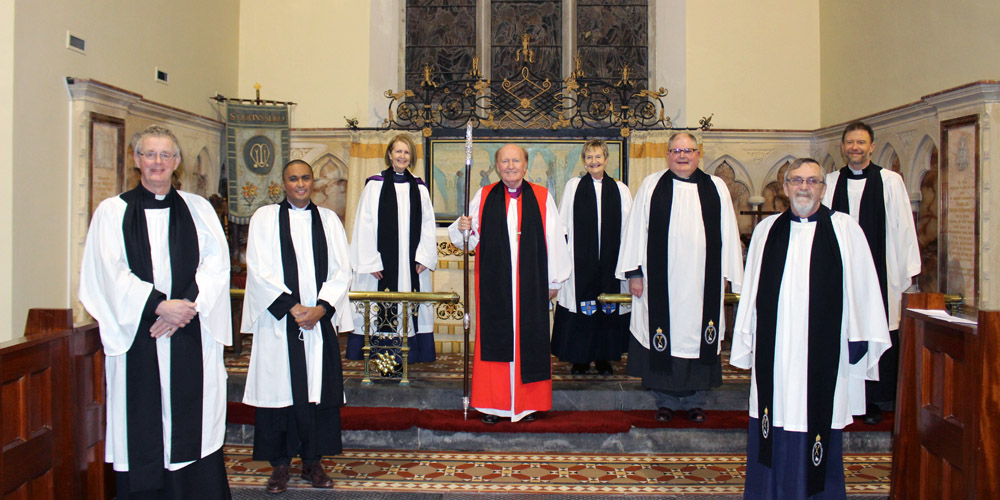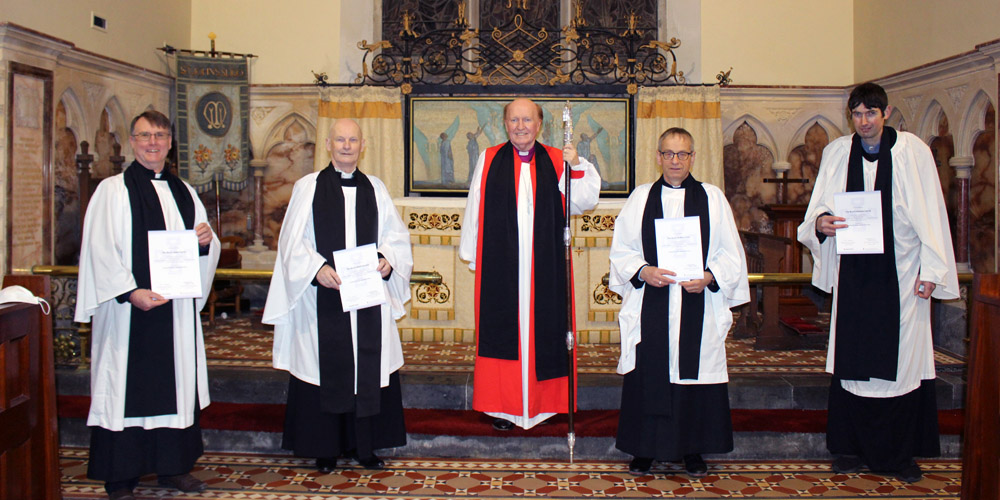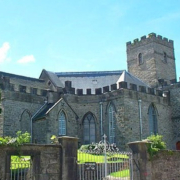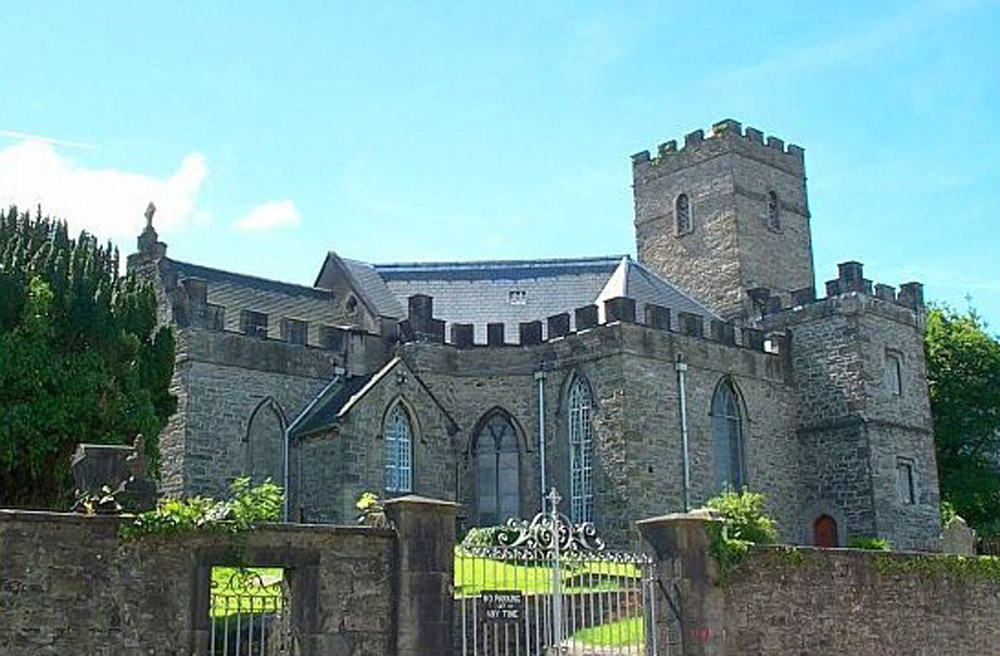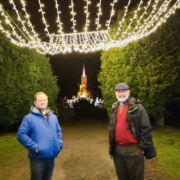January looks both ways, backwards to the old year and forward to the new year.
Another year opens, covered with the Covid cloud which is proving hard to lift.
We are weary of Covid and want it consigned to the pages of history. It is difficult to plan anything with any degree of certainty. All we can do is watch and wait. The words watch and wait are often used by the psalmist in the Bible. They are there at the centre of Psalm 130,
“ I wait for the Lord,
my soul waits and in his word I hope;
my soul waits for the Lord,
more than watchmen for the morning,
more than watchmen for the morning”.
Verses 5 and 6
The words watch and wait in this Psalm add up to hope. And hope is connected in the Psalm with the image of watchmen, waiting through the night for the dawn. They know the dawn comes, there is no doubt about that. The psalmist’s and the Christian’s watching and waiting is based on the conviction that God is at work behind the scenes. Covid will pass, God will do it in his way and in his time. In the meantime, we watch, wait and pray for the post-Covid dawn to come.
In earlier announcements online, you will have read details of appointments to our two cathedrals: Kilmore and Sligo. Last year, the Diocesan Council, the Diocesan Synod and the Standing Committee of the General Synod backed a proposal to create two separate archdeacons for Elphin and Ardagh which had been joined together in 1929. The thinking behind the proposal was threefold: First, Geographical. It has always been difficult for one archdeacon to cover the ground that makes up Elphin and Ardagh: Sligo, Roscommon, Leitrim, Longford and part of Westmeath. Second, Historical. Our diocese is made up of three historic dioceses which have been in existence since the 12th Century and joined together in 1841. Third, Administration. In the past decade the number of clergy, lay pastors and parish groups and mission centres in the diocese has increased and administration has increased accordingly. Clergy, lay pastors, evangelists and parishes need good administration and resources to work effectively. Hence the need for two archdeacons in Elphin and Ardagh, alongside one in Kilmore.
Canon Patrick Bamber will become the Archdeacon of Elphin. He will oversee an archdeaconry consisting of Sligo Cathedral, Drumcliffe, Cloonclare, Calry, The Sligo Centre of Mission, Ballisodare, Riverstown and Boyle. Canon Hazel Hicks will be the Archdeacon of Ardagh. She will administer the archdeaconry made up of Ardagh, Longford, Roscommon, South Leitrim, Arva and Edgewothstown and Longford Methodist. Archdeacon Craig will continue to serve the archdeaconry of Kilmore consisting of Kilmore, Cavan, Virginia, Bailieborough, Drumgoon, Drung, Annagh, KIldrumferton, Kildallon, Killeshandra, Swanlinbar, Kinawley and Killesher. Do pray for Archdeacon Patrick and Archdeacon Hazel as they take up their new positions, joining Archdeacon Craig in these key roles in the diocese. I do believe that these three archdeaconaries will become recovery vehicles for parishes and diocese in the post Covid landscape. And we have much to recover.
Towards the end of last year, we lost two people and a parish community.
Kathleen Richey, widow of Canon Robin Richey who was Diocesan Secretary from 1972 to 1998, was described as a ”force of nature.” She was deeply involved in her community of Blacklion and her parish Killinagh and was laid to rest in her native Fermanagh. Donald Walker from Lissadell , who was rooted in North Sligo, also died. A quiet and humble soul, Donald was one of the longest serving Diocesan Lay Readers until his retirement a few years ago. The few remaining parishioners of Aughavas, near Mohill, decided that their church should close. So there was a very fitting final service in the church which was deconsecrated.
People pass and we mourn their loss, church buildings, too, have their day and become places of memory. People and places matter to us and to God. In this New Year, I commend you to his love and care.
+ Ferran


